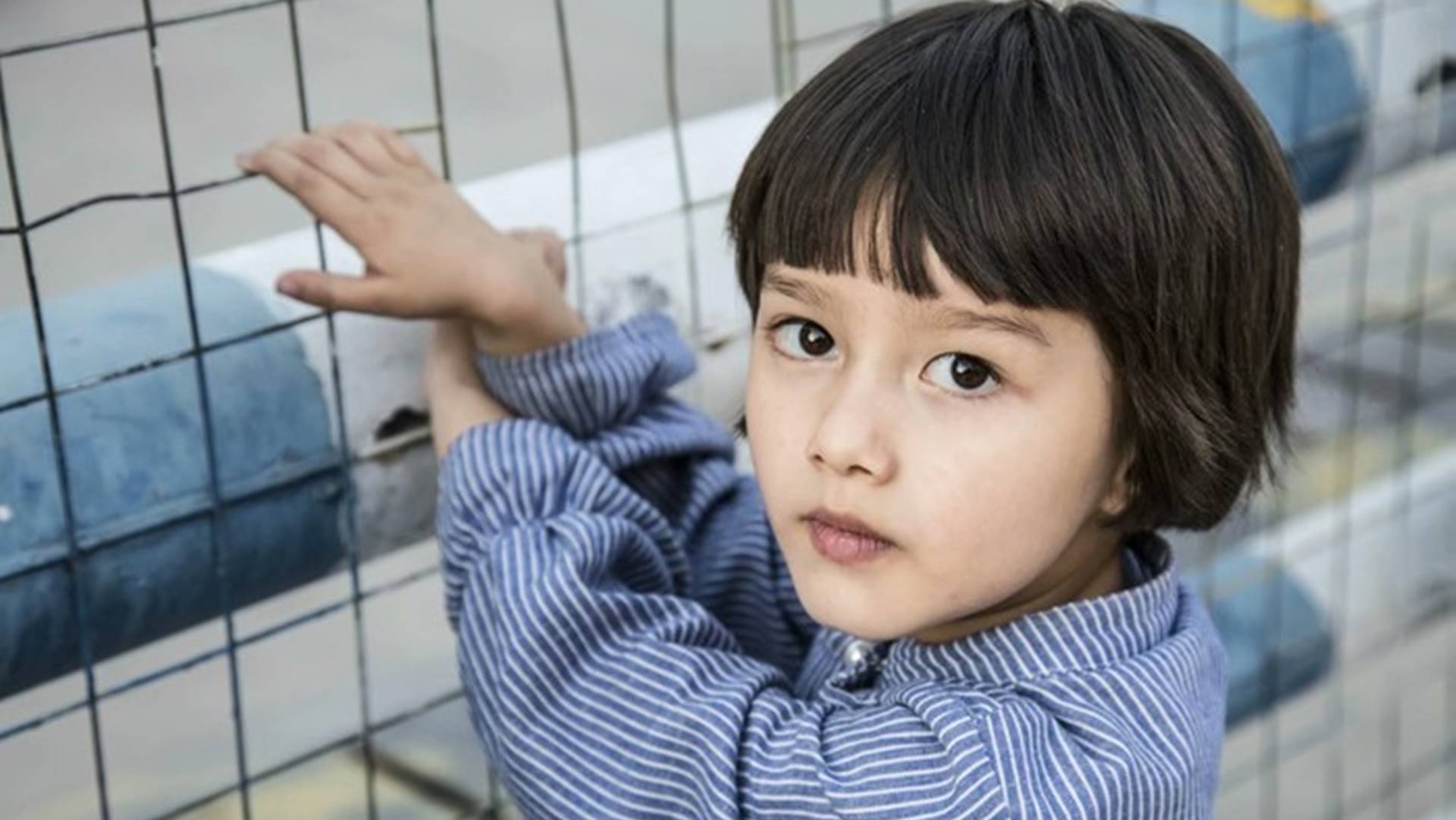China has forcibly separated Uyghur families by taking young children into state orphanages, in step with human rights cluster Amnesty International

In a brand new report, Amnesty has known as in China to unharness all Uyghur children being controlled in orphanages while not the consent of their families.
The charity spoke to oldsters who left children with relatives in China after they were forced to escape the country.
Rights teams say China has detained over 1,000,000 Uyghurs.
The Chinese government has additionally moon-faced allegations of a large variety of human rights abuses against the Uighur folks and other Muslim minorities, including forced labor, forced sterilization, sexual abuse, and rape.
Twitter removes China’s tweet “baby-making machines” about Uyghur women
The government denies it is holding Uyghurs in detention camps in the Xinjiang region in north-western China. It says the camps are “re-education” facilities being used to combat terrorism.
Because access to Xinjiang is heavily restricted by the Chinese, Amnesty spoke to Uighurs who were able to flee Xinjiang before the repression of the Uyghur people intensified in 2017.
Mehrabian Kader and Ablikim Memtinin fled from Xinjiang to Italy in 2016 after being harassed by police and pressured to give up their passports, Amnesty said. They left four children in the temporary care of grandparents, but the grandmother was taken to a detention camp while the grandfather was interrogated by police, the charity said.
“Our other relatives didn’t dare to look after my children after what had happened to my parents,” Mihriban told Amnesty. “They were afraid that they would be sent to camps, too.” reported BBC.
In November 2019, Mihriban and Ablikim received a permit from the Italian government to bring their children to join them, but the children were seized by Chinese police on the way and sent to a state-run orphanage, Amnesty said.
“Now my children are in the hands of the Chinese government and I am not sure I will be able to meet them again in my lifetime,” Mihriban said.
Omer and Meryem Farah, who fled to Turkey in late 2016, left their two youngest children, aged five and six, with grandparents because they did not yet have their own travel documents, Amnesty said. They found out later that the grandparents had been arrested and sent to a camp and have not heard from their children since.
Amnesty’s report calls on China to provide full and unrestricted access to Xinjiang for UN human rights experts, independent researchers, and journalists, and for all children held without their parent’s consent to be released to family.
“China’s ruthless mass detention campaign in Xinjiang has put separated families in an impossible situation: children are not allowed to leave, but their parents face persecution and arbitrary detention if they attempt to return home to care for them,” said Alkan Akad, Amnesty International’s China
The Chinese state has created a vast and secretive network of camps in Xinjiang and is estimated to have detained more than a million Uyghurs and people from other Muslim minority groups.
Reports have emerged in recent years of appalling human rights abuses, from forced sterilization of Uyghur women to torture and systematic rape inside camps.
China denies there are any human rights abuses taking place, and has called former camp detainees in exile liars and actors. China is also accused of intimidating and smearing witnesses who have spoken up, and of using witnesses’ relatives in Xinjiang as leverage against them.
The US, Canada, and the Netherlands have declared that China is committing genocide against the Uyghur people. A similar bill was rejected by the UK parliament.
Napomena o autorskim pravima: Dozvoljeno preuzimanje sadržaja isključivo uz navođenje linka prema stranici našeg portala sa koje je sadržaj preuzet. Stavovi izraženi u ovom tekstu autorovi su i ne odražavaju nužno uredničku politiku The Balkantimes Press.
Copyright Notice: It is allowed to download the content only by providing a link to the page of our portal from which the content was downloaded. The views expressed in this text are those of the authors and do not necessarily reflect the editorial policies of The Balkantimes Press.
